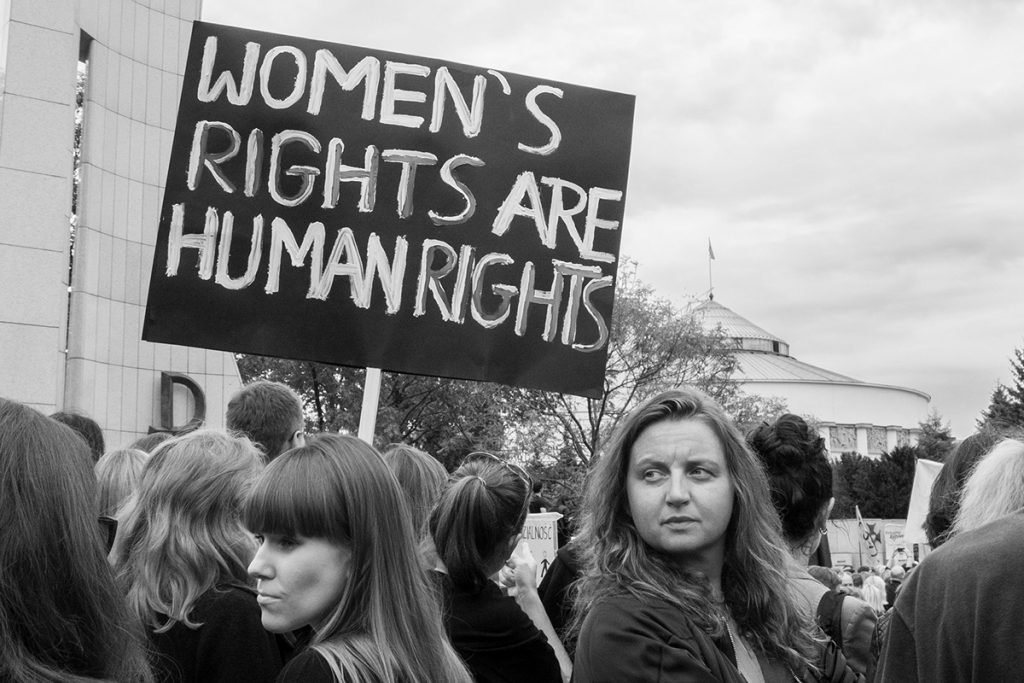
Leads: Aliya Hemani (2L), Megan Peters (2L)
Members: Helin Tasdemir (2L), Amy Wang (2L), Manreet Brar (1L), Isabel Brisson (1L), Yinzi Gao (1L), Rachel Gertin (1L), Liza Markova (1L), Keona Lau (1L), Qin Yi Xu (1L), and Yinzi Zhou (1L)
What are the objectives of your working group? What kind of work are members of your working group engaged in?
The Women’s Human Rights Resources (WHRR) database provides annotations for key UN documents and leading scholarly articles on a range of topics including armed conflict, the Convention on the Elimination of All Forms of Discrimination Against Women (CEDAW), economic globalization, Indigenous women, key treaties and texts, marriage, migration, property law and housing rights, race and gender, reproductive rights, social and economic rights, violence against women, and the World Conference on Women’s Rights. The WHRR database receives more than 15,000 hits per month, with diverse users from over 100 countries. This year’s working group, comprised of 10 Faculty of Law students and two working group leaders, continues to add new content to the database from leading academics, NGOs, and other sources.
When and how did the partnership between the WHRR database and the IHRP come about?
The WHRR database was created in 1995 at the U of T Faculty of Law and has since become an important tool for human rights defenders, professionals, and international law scholars. The database provides a roadmap for scholarly and academic research, thereby facilitating and disseminating research across the globe. Each source is categorized based on type (i.e., article, document, or link), subject matter, and author. With the help of the Bora Laskin Law Library in 2011, the WHRR Working Group was initiated to keep the WHRR database current and to ensure that professionals and scholars around the world can continue to access recent key resources for various subjects in the central location of the database. Professor Rebecca Cook, a women’s rights pioneer and founder of the database, drove the creation of the WHRR. In her words, the WHRR “is such an important way for students to advance the field of women’s rights.”
The Women’s Human Rights Resources Database can be accessed at https://library.law.utoronto.ca/womens-human-rights-resources-programme-whrr.





